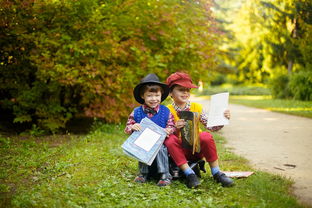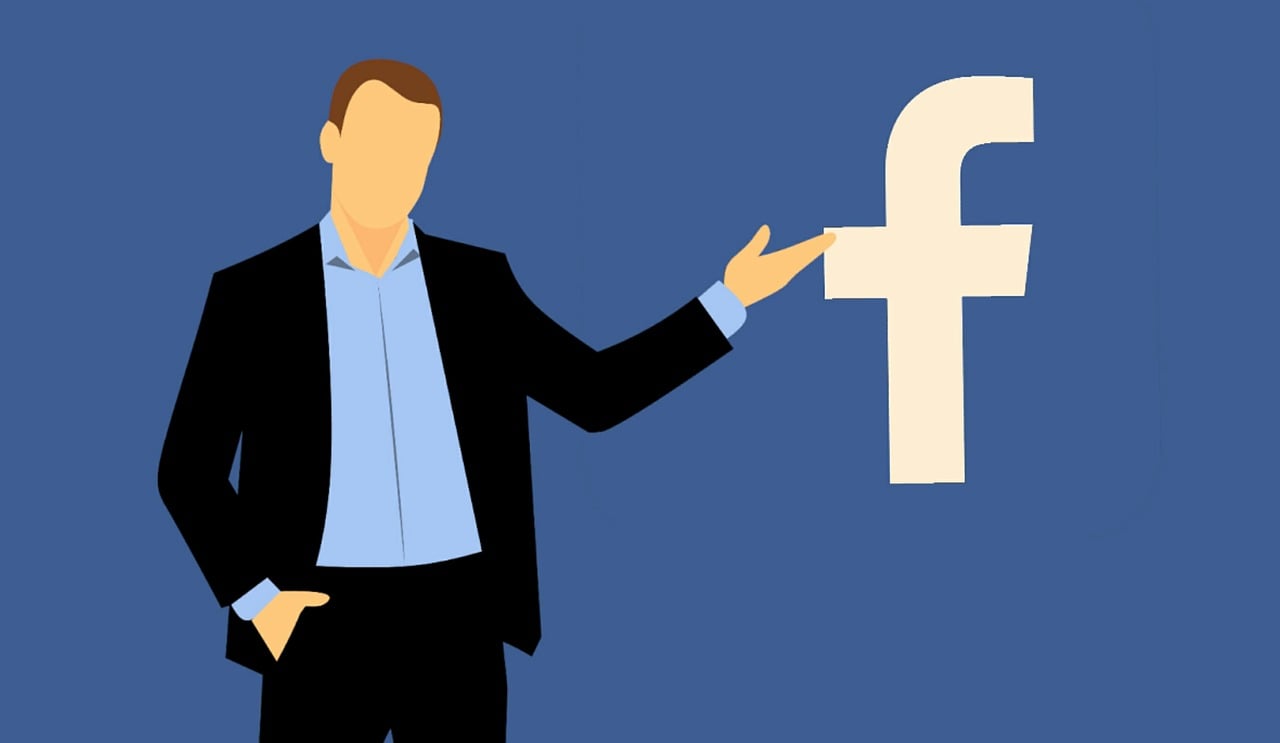As a lifestyle expert, I have learned from countless experiences and stories that the power of communication is undeniably within our grasp. Through my journey as an ordinary person, I've discovered how even simple gestures can communicate far more than words ever could.
Let's start with a fascinating story about a man who always wanted to be the talker in any social situation. However, he found it challenging to put his thoughts into words. One day, while waiting for his turn at the coffee shop, he noticed a group of people engaged in conversation. As he watched them, he realized that they were not talking but using signs and gestures to convey their thoughts. Intrigued, he began to observe these手势 and saw how they had a profound impact on each other's conversations.

From then on, he started to pay attention to different forms of communication, such as body language, facial expressions, tone of voice, and non-verbal cues. He discovered that communication was not just about speaking, but also about listening, sharing ideas, and understanding each other's perspectives.
One important aspect of communication is knowing how to adapt your message to your audience. You may have a clear idea of what you want to say, but what if your audience doesn't? In this case, it's crucial to understand their needs, interests, and values. By doing so, you can tailor your message to resonate with them and make it more likely that they will take action or engage in further discussion.
Another essential skill in communication is empathy. Empathy means putting yourself in someone else's shoes and trying to understand their emotions and perspective. It helps you connect with others on a deeper level and build stronger relationships. By demonstrating empathy, you can build trust, foster collaboration, and create a positive environment where everyone feels heard and valued.
In addition to these skills, effective communication requires active listening. Listening actively means paying close attention to what the speaker is saying, asking clarifying questions, and reflecting back what you heard to show that you understood. This practice helps you develop critical thinking and problem-solving abilities, which are highly valued in today's fast-paced world.
In conclusion, communication is not only about speaking but also about nonverbal cues, listening, adapting your message to your audience, and showing empathy. These skills can help you communicate effectively with anyone, regardless of their background, culture, or language. By mastering these techniques, you can enhance your personal and professional relationships, build meaningful connections, and achieve greater success in all aspects of life. So, let's embrace the art of communication and continue to learn, grow, and improve our communication skills.
版权声明
本文仅代表作者观点,不代表百度立场。
本文系作者授权百度百家发表,未经许可,不得转载。











